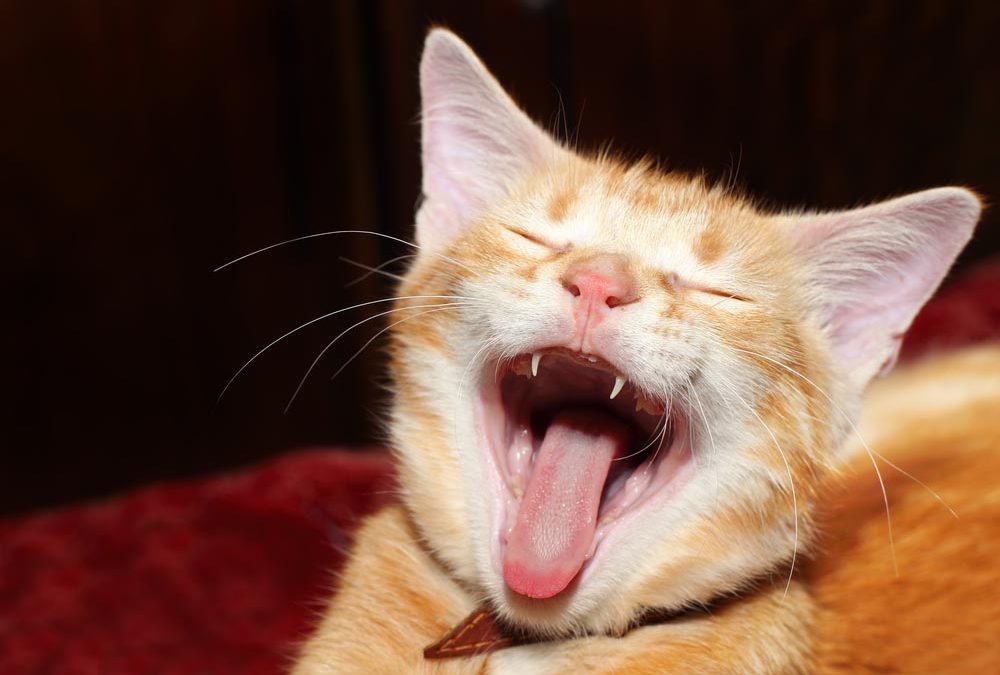When the world is burning, and the news seems to fuel that burn, I turn to comedians. Some might say this is naive and counterproductive, but I disagree (as long as Trevor Noah and Stephen Colbert are not your only news source). Humor is communal; laughter draws us together even when differences threaten to undo our penchant for human connection. Remember the last time you were in a room and tension seemed to fill the air more than oxygen? And then someone cracked a rather terrible joke, but seconds later, that tension dissolved and then disappeared? There is power there. But it’s not always easy. Quality humor requires tact.
Let’s dig deeper into why humor is such an important literary tool to master. Not all humor fits all writing, but the element of stopping your reader in their tracks with a well-written, well-placed satirical or comedic line is an asset writers should take seriously (but not too seriously because that’s the opposite of what we’re going for here). Not everything you write will make readers double over with laughter. But humor equals surprise, which means delight in the reader’s experience. We LOVE surprises. Especially in fiction. Our attention is reinvigorated. And when you find yourself on the 5th page of a short story or the 250th page of a novel, this is a welcome sensation. And to be honest, even if it’s not that funny, I’ll still take a begrudging chuckle. Why else should we infuse humor into our writing? Is there a connection between humor and creativity? Yes. There most certainly is. There’s a decent amount of research that shows a correlation between a sense of humor and the creative process. Why is this? I’ll discuss a few reasons.
- Risk-taking– humor requires taking a risk. You don’t always know if a joke will land or pay off, but you do it in hopes that your audience will feel more connected to your material. Humor and vulnerability are closely related, leading us to places we might not visit when our logical brain is in overdrive.
- Playfulness and Innovation- most of us know that kids are fabulously creative. My eleven-year-old brother invents entire worlds using legos in a single afternoon. Not all humor is the same, but there’s often a detail of not taking everything too seriously within it. This opens a pathway for writers to look at their work in a new, more playful light and might lead to ideas you’d never considered before. So, to sum this point up, we could all take notes from our fellow tiny humans.
- Humor and information– when we absorb information that has humor sprinkled in, our defenses lower, we relax, we’re more willing to see things from new angles. Most of all, our interest is renewed. And whether you’re on the receiving end of the creative process, or on the production end of it, we can all appreciate giving our minds a “break.”
There are countless other reasons humor, creativity, and the writing process are intertwined, but I can’t fit it into one blog post, and I certainly don’t want to bore you (is this where I should throw in a joke to keep you all interested)?
While I didn’t touch on the “how” of weaving humor into your writing, if you’re looking for more tips, this page has some great information. What stories, poems, essays, etc. have you read lately that made you fall out of your seat with laughter? Or earned even a begrudging chuckle?
Meet the blogger:
 DANIELLE FRANKE is a Senior at Hamline University studying English with a concentration in Creative Writing. When she’s not studying, reading, or writing, you can find her ogling every single dog she sees while out on walks around Como Lake.
DANIELLE FRANKE is a Senior at Hamline University studying English with a concentration in Creative Writing. When she’s not studying, reading, or writing, you can find her ogling every single dog she sees while out on walks around Como Lake.


